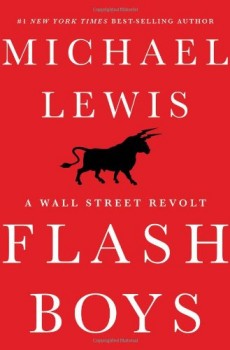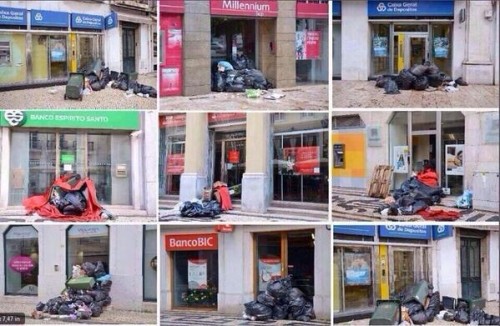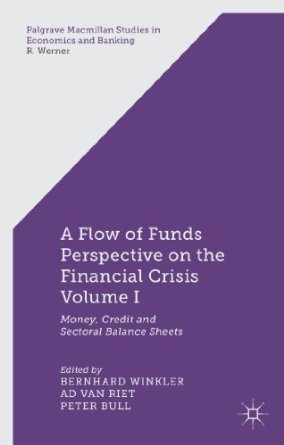Illustration Gudy Steinmill-Hommel
More than 120 countries have committed to net zero targets by 2050, requiring systemic economic transitions on an unprecedented scale and with the finance sector playing a leading role. Green finance will power the transition, ensuring capital flows to the firms, investments, projects and technologies looking to create a sustainable, low-carbon world.
weiterlesen »
1872, München: Mehr als 30 000 Menschen in München und Umgebung verlieren ihre Ersparnisse. Existenzen und ganze Gemeinden sind urplötzlich ruiniert, unzählige Menschen nehmen sich das Leben. Schuld ist eine Frau: Adele Spitzeder. Vollkommen mittellos und als Schauspielerin gescheitert gründet sie im Jahr 1869 die »Dachauer Bank« und wird damit zur Urheberin des größten Schneeballsystems im ganzen Kaiserreich. In ihrer Privatwohnung stapelt sie die Geldsäcke ungesichert, eine Buchhaltung gibt es nicht. 1872 bricht das System zusammen.
weiterlesen »
Rote Karte für die Banken Brauchen wir eigentlich noch Banken? Prof. Ralf Beck sagt: eigentlich nicht. Mit den neuen Fintech-Akteuren werden wir unabhängig von teuren und unflexiblen Bankleistungen. Prof. Beck nimmt die Anbieter genau unter die Lupe. Intelligente Start-ups krempeln unser tägliches Leben in immer mehr Bereichen um. Das gilt auch für den Bankensektor.
weiterlesen »
Hier werden die Banken wunderbar vorgeführt. Da kann man ja fast zum Michael Kohlhaas werden. Schaut mal rein.
Dank an Jörg
In seiner Eröffnungsrede des 20. Treffens des Bankenverbandes mahnt Bundespräsident Gauck mangelndes Verständnis des Bank- und Geldsystems an.
Flash Boys is about a small group of Wall Street guys who figure out that the U.S. stock market has been rigged for the benefit of insiders and that, post financial crisis, the markets have become not more free but less, and more controlled by the big Wall Street banks. Working at different firms, they come to this realization separately; but after they discover one another, the flash boys band together and set out to reform the financial markets. This they do by creating an exchange in which high-frequency trading source of the most intractable problems will have no advantage whatsoever.
Berge von Müll stapeln sich in den Straßen von Lissabon. Die Müllarbeiter haben neben anderen Gewerkschaften zum Streik aufgerufen. Der Grund sind die Haushaltskürzungen. Speziell die Banken werden für die tiefe Rezession mit verantwortlich gemacht. Es geht darum, dass im Jahr 2014 keine weiteren Sparmaßnahmen beschlossen werden. Passend zu Weihnachten und dem anfallenden Müll zeigen sich einige Menschen solidarisch und bringen ihren Müll jetzt dorthin, wo ihrer Meinung nach die Verantwortlichen zu finden sind: vor den Banken.
FOTO Matt Bloom
Quelle financeyahoo
Flow-of-funds accounts are a component of the national accounts system reporting the financial transactions and balance sheets of the economy, classified by sectors and financial instruments. The biggest financial crisis in a lifetime has shown how important it is to have a deep knowledge of the financial balance sheets of the main sectors of the economy and the financial flows that take place between them.






